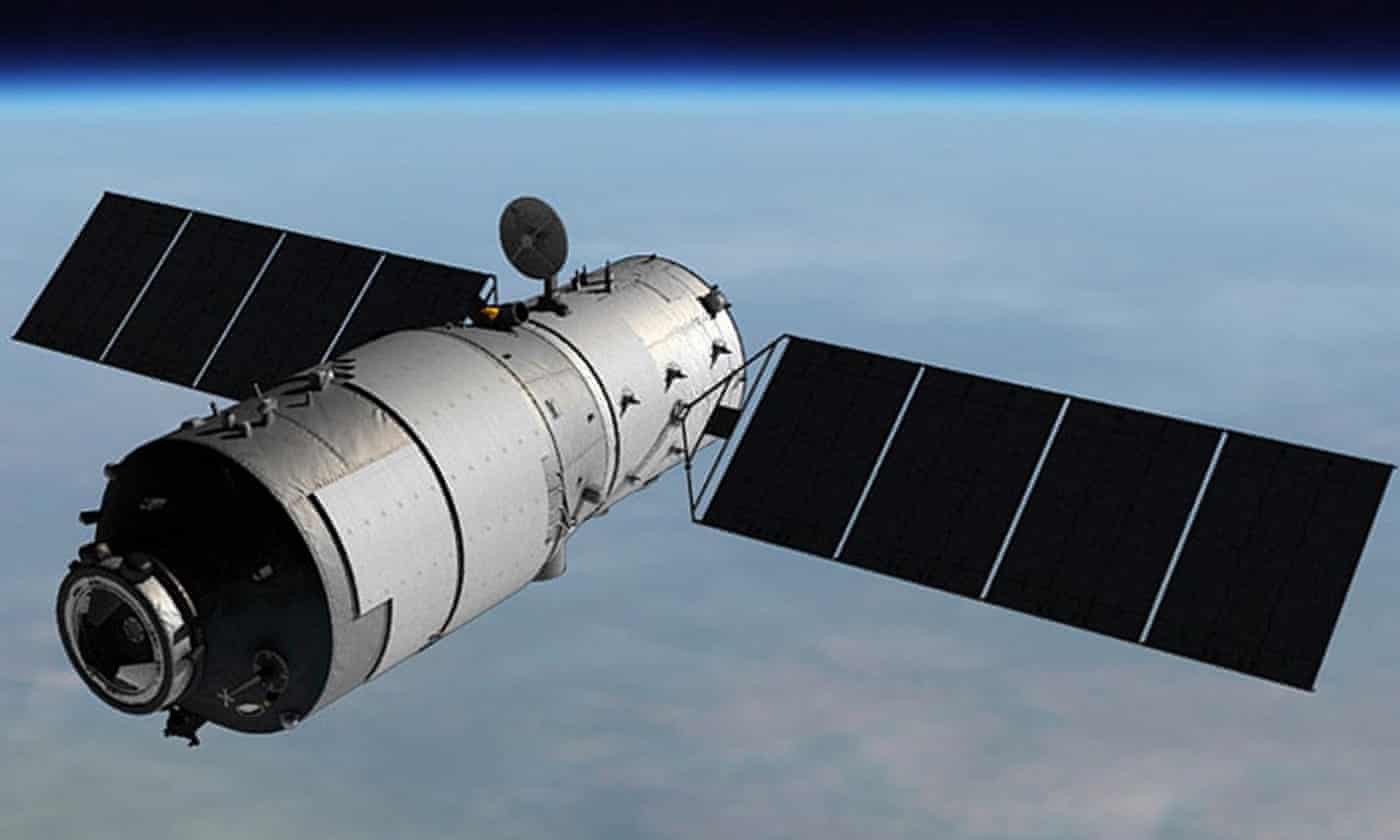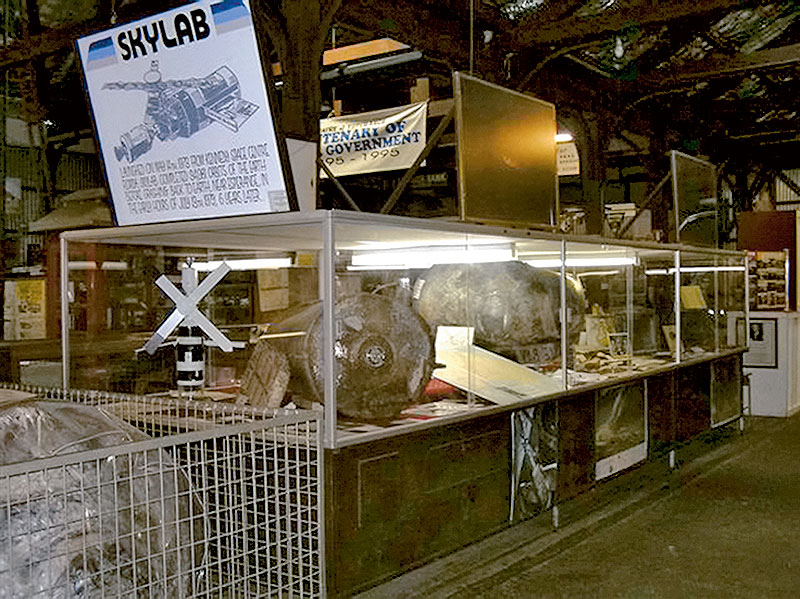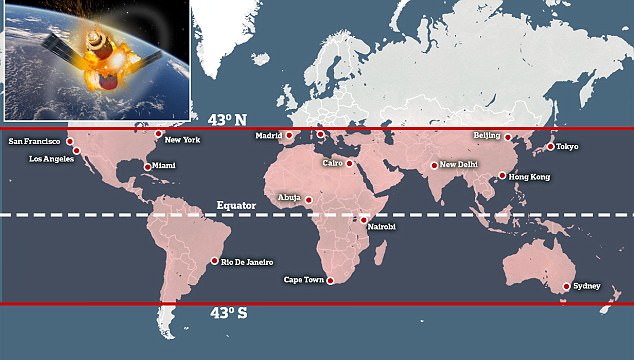nivek
As Above So Below
Tiangong-1: Chinese space station will crash to Earth within months
Pieces weighing up to 100kg could make it to the surface, says expert, when out-of-control 8.5-tonne laboratory breaks apart in the atmosphere.

Pieces weighing up to 100kg could make it to the surface, says expert, when out-of-control 8.5-tonne laboratory breaks apart in the atmosphere.

An 8.5-tonne Chinese space station has accelerated its out-of-control descent towards Earth and is expected to crash to the surface within a few months.
The Tiangong-1 or “Heavenly Palace” lab was launched in 2011 and described as a “potent political symbol” of China, part of an ambitious scientific push to turn China into a space superpower.
It was used for both manned and unmanned missions and visited by China’s first female astronaut, Liu Yang, in 2012.
But in 2016, after months of speculation, Chinese officials confirmed they had lost control of the space station and it would crash to Earth in 2017 or 2018. China’s space agency has since notified the UN that it expects Tiangong-1 to come down between October 2017 and April 2018.
Since then the station’s orbit has been steadily decaying. In recent weeks it has dipped into more dense reaches of Earth’s atmosphere and started falling faster.
“Now that [its] perigee is below 300km and it is in denser atmosphere, the rate of decay is getting higher,” said Jonathan McDowell, a renowned astrophysicist from Harvard University and a space industry enthusiast.
“I expect it will come down a few months from now – late 2017 or early 2018.”


 331ydWIN
331ydWIN